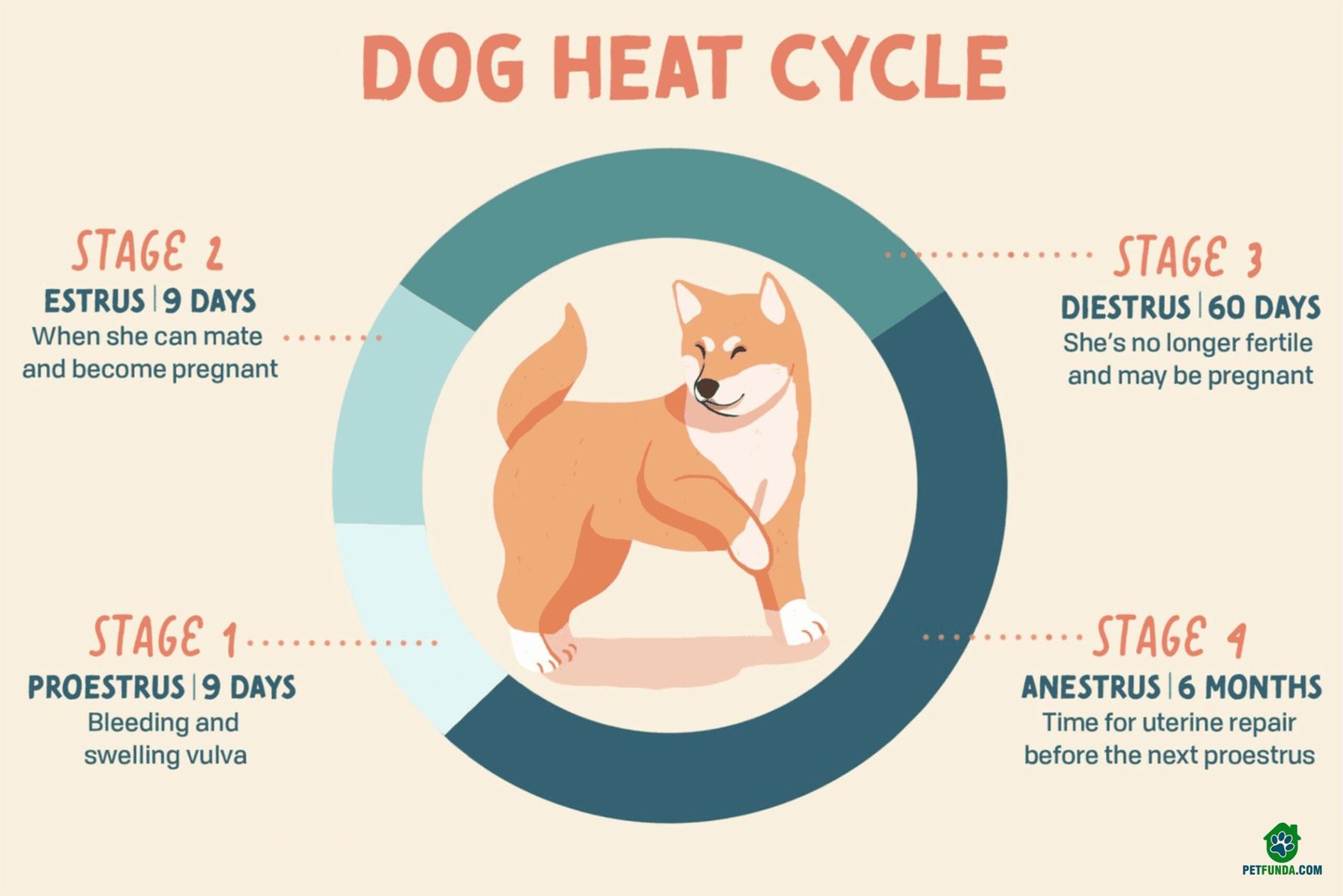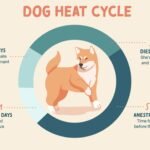Every dog is unique and has its own personality. Thus, it needs to be understood, appreciated and loved as such for its own individual needs, temperaments, and health considerations. However, knowing the breed of the dog helps you get a general idea of what to expect of your canine friend and how to care for the same. With this idea in mind, we have brought you ways of caring for different popular dog breeds.
Different dog breeds and how to care for them
Let’s get started:
1. Labrador Retriever
Labrador retrievers are universally loved for their friendly and outgoing personalities, besides being highly intelligent. However, these qualities also mean that they require regular physical and mental stimulation. Secondly, they also need a balanced diet which must be portion controlled as they are liable to overeat. Your lovely labs also require regular brushing to keep shedding at a minimum.
2. Yorkshire Terrier
Yorkies are popular as they are small, energetic dogs with long, silky coats. Grooming is a critical aspect of their care, and it includes daily brushing and regular professional grooming to prevent matting. Yorkies are also known to be prone to dental problems, so we recommend regular teeth brushing and dental check-ups. As for physical and mental exertion, they have moderate exercise needs and enjoy interactive play sessions.
3. Bulldog
Also known as English bulldogs and in India Hutch dogs, bulldogs are small dogs and tend to have comparatively lower energy levels. They should not be over-exercised and also aren’t suited to hot weather due to their short snouts. Further, they are prone to potential food allergies and sensitivities.
4. German Shepherd
German Shepherds are quite intelligent, energetic, and versatile dogs and, as such, require daily mental and physical stimulation, including routine physical exercise, training, and interactive play. Their dense double coat also necessitates regular brushing to control shedding. Further, German Shepherds may also be prone to certain health issues, such as hip dysplasia, so regular vet check-ups are essential.
5. Poodle
Poodles come in three sizes – Standard, Miniature, and Toy. They are highly intelligent and active dogs and, as such, require both physical and mental stimulation. Regular grooming is crucial for these graceful dogs, including professional grooming every few weeks and daily brushing to prevent matting. Poodles are generally healthy dogs but may be susceptible to some genetic conditions, such as hip dysplasia and eye problems.
6. Golden Retriever
Golden Retrievers are popular, friendly, intelligent, and active dogs. They require regular exercise to keep them physically fit and mentally stimulated. Their medium-length graceful double coat needs regular brushing to control shedding. Golden Retrievers may be prone to certain health issues, such as hip dysplasia and obesity, so a balanced diet and regular vet check-ups are important.
7. Chihuahua
Chihuahuas are small, confident, and cute dogs and may have varying exercise needs depending on their size and energy levels. Chihuahuas may require extra care during colder months of the year due to their small size and vulnerability to the cold. Dental care is also crucial for Chihuahuas, as they are prone to dental problems. Socialization and positive training are also crucial, especially during their early years, for their well-being.
8. Boxer
Boxers are energetic and playful dogs and thus require daily exercise to burn off their energy and prevent boredom. Boxers have a short coat which is easy to maintain, but they may be prone to some health issues, including heart conditions and hip dysplasia.
9. Shih Tzu
Shih Tzus are small, affectionate dogs popular for their long, flowing coats. Grooming is a crucial part of their care routine, including daily brushing and regular professional grooming to prevent matting. Shih Tzus also have a moderate activity level and enjoy comparatively short interactive play sessions. They may, however, be prone to eye and dental issues, so regular check-ups and dental care are important.
10. Dalmatian
Dalmatians are active, athletic dogs distinguished for their distinctive spots. They require regular exercise and mental stimulation to prevent boredom. Dalmatians also have short coat that sheds heavily and thus require regular brushing is necessary to control shedding. They may also be prone to certain health conditions like deafness and urinary problems. Thus, early health screenings and regular vet visits are essential.
Frequently Asked Questions (F.A.Q.s)
There are several questions that the readers may have about different dog breeds and how to care for them. The following are some of the most Frequently Asked Questions (F.A.Q.s):
Question: What are some of the things I should remember while following the above tips?
Answer: Keeping in mind the following guidelines will help you better take care of your dog:
- The tips mentioned above are for general purposes only, and you must consider the specific needs of each individual dog to create a tailed caring regime instead of following these guidelines blindly.
- Consult veterinarians and other experts while developing your dog-caring strategy.
- If you are about to get a new dog, knowing the caring needs of different dogs will help you make an informed decision.
Question: What are some other tips for caring for dogs in general?
Answer: The following tips can be helpful in looking after your dog, no matter what their breed is:
- Ensure regular, nutritious, and controlled feeding (not too much, not too little).
- Regular visits to Vets and vaccination can help the dog live a long and healthy life.
- Spend time with your dogs or consider getting companion dogs; they just love company. Socialization is made necessary either because dogs are social and need friends or because they are not and thus need to learn to socialize.
- If your dog is going obese, some changes in diet and exercise may be desirable. Consult a vet to know the best steps.
- If your dog is facing any health issues, take it to a vet.
If the reader has any other questions, they should feel free to ask them here.
The Bottom Line
One can easily wrap up the above discussion by concluding that different dog breeds have different needs, and one must consider them while getting a new pet.





